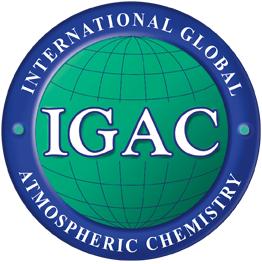 |
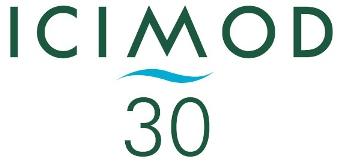 |
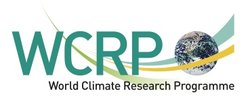 |
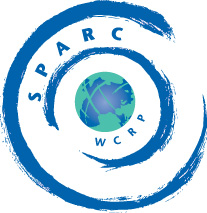 |
 |
 |
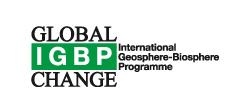 |
|||
Joint IGAC/iLEAPS/SPARC/ICIMOD workshop on Atmospheric Composition and the Asian Summer Monsoon (ACAM)
9-12 June, 2013 in Kathmandu, Nepal
Workshop Chairs
- Laura Pan, National Center for Atmospheric Research, USA
- Arnico Panday, International Center for Integrated Mountain Development, Nepal
- Jim Crawford, NASA Langley Research Center, USA
Summary
120 scientists representing 17 countries recently gathered in Kathmandu, Nepal for the Workshop on Atmospheric Composition and the Asian Summer Monsoon (ACAM). As a weather pattern, the Asian monsoon impacts the lives of more than a billion people. With rapid population and economic growth of the regional countries in the recent decade, it becomes a pressing concern that the monsoon convection coupled to surface emissions is playing a significant role in the region’s air quality. The uplift of pollutants also enhances aerosol –cloud interactions that may change the behavior of the monsoon. The chemical transport effect of the monsoon system is seen from satellites as an effective transport path for pollutants to enter the stratosphere. The monsoon system is therefore relevant to scales and processes bridging regional air quality, climate change, and global chemistry-climate interaction. Accurate representation of this system in global chemistry-climate models is critical to predicting how this evolving region may contribute to future change. To characterize and quantify the impact of the system, integrated study is essential, including observations (in situ and remote sensing) from the surface through the troposphere and stratosphere as well as modeling from regional to global scales. To be successful in this pursuit, it is necessary to build strong international collaborations to obtain the diverse expertise, resources, and access to the monsoon region for international research teams. The ACAM workshop represents a small but critical step in building these international relationships.
Recognizing the importance of this problem, the 3.5 day workshop was co-sponsored by four international organizations (IGAC, SPARC, iLEAPS, ICIMOD) and the US National Science Foundation. The workshop began by overviews of dynamics and predictability of the Asian monsoon system (Dr. M. Rajeevan, Ministry of Earth Sciences, India), chemical impact of the Asian summer monsoon anticyclone in the upper troposphere and lower stratosphere (Dr. Bill Randel, National Center for Atmospheric Research, USA), and a historical perspective on southern Asian pollution outflow (Dr. Mark Lawrence, Institute for Advanced Sustainability Studies, Germany). The main body of the workshop consisted of oral and poster sessions organized around four themes:
- Emissions and Air Quality in the Asian Monsoon Region
- Aerosols, Clouds, and the Asian Monsoon
- Asian Monsoon Convection and Chemistry
- UTLS Response to Asian Monsoon
The meeting culminated with a summary session focused on how to continue the community building effort initiated by the workshop. Representatives of IGAC, SPARC, and iLEAPS outlined perspectives and advice from their respective organizations. This was followed by a final open floor discussion that proved to be the highlight of the workshop. Participants from a broad spectrum of experience including graduate students, young faculty, and senior scientists, spoke up to express what follow-up activities they would like to see. A clear consensus emerged in favor of forming an ACAM initiative or working group to continue with community building activities. Suggested activities included convening a regular ACAM workshop on an annual or bi-annual interval, organizing data sharing, modeling training sessions, summer schools for Asian monsoon regional countries, young scientist forums, and coordinated participation of local researchers in future international community field campaigns. Each of these suggestions were noted by the workshop organizing committee and will be addressed in an in-depth workshop report. A much more detailed summary of the workshop will be posted on the ACAM website, together with the invited talks. Interested researchers may also join the ACAM mailing list to become involved with this group.
